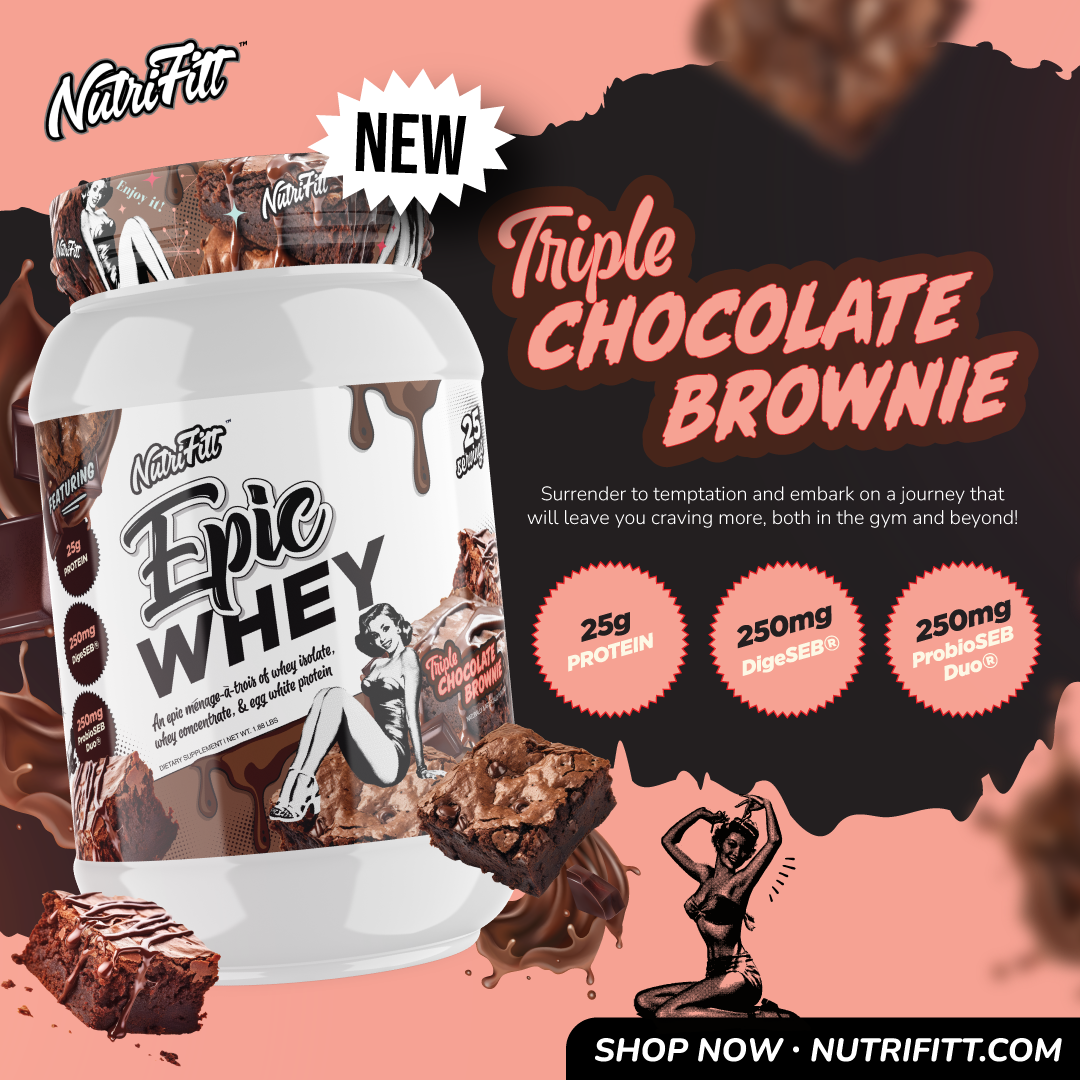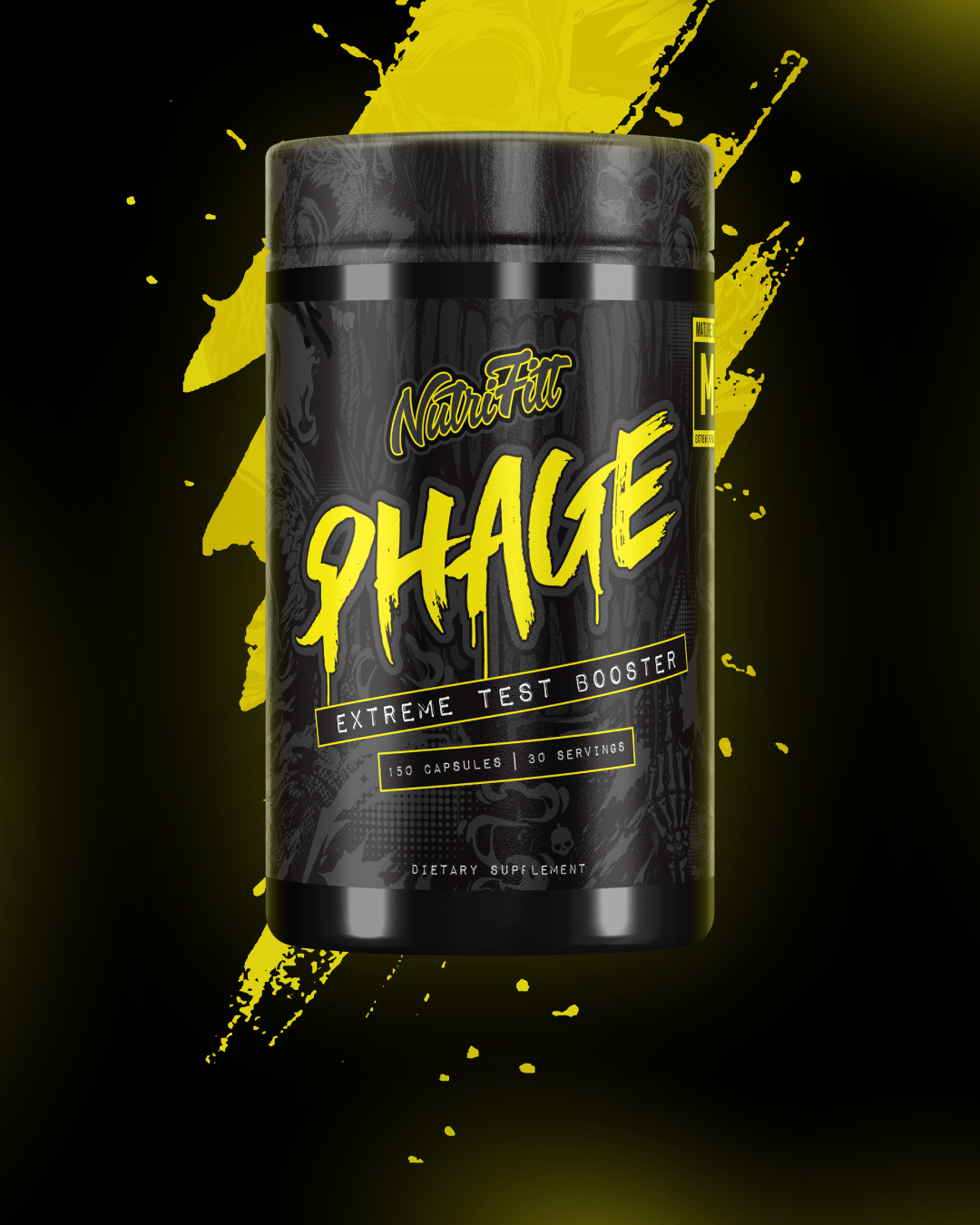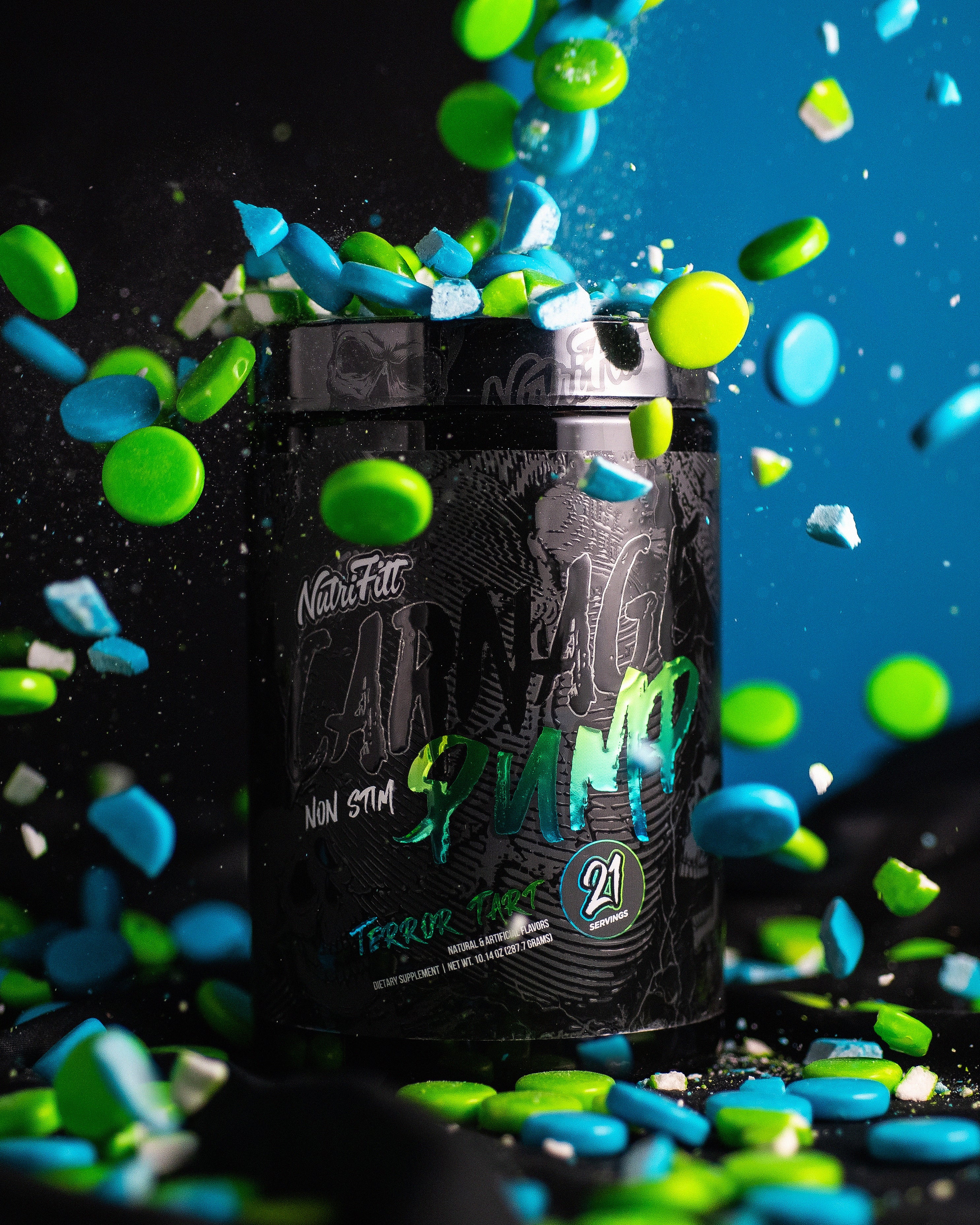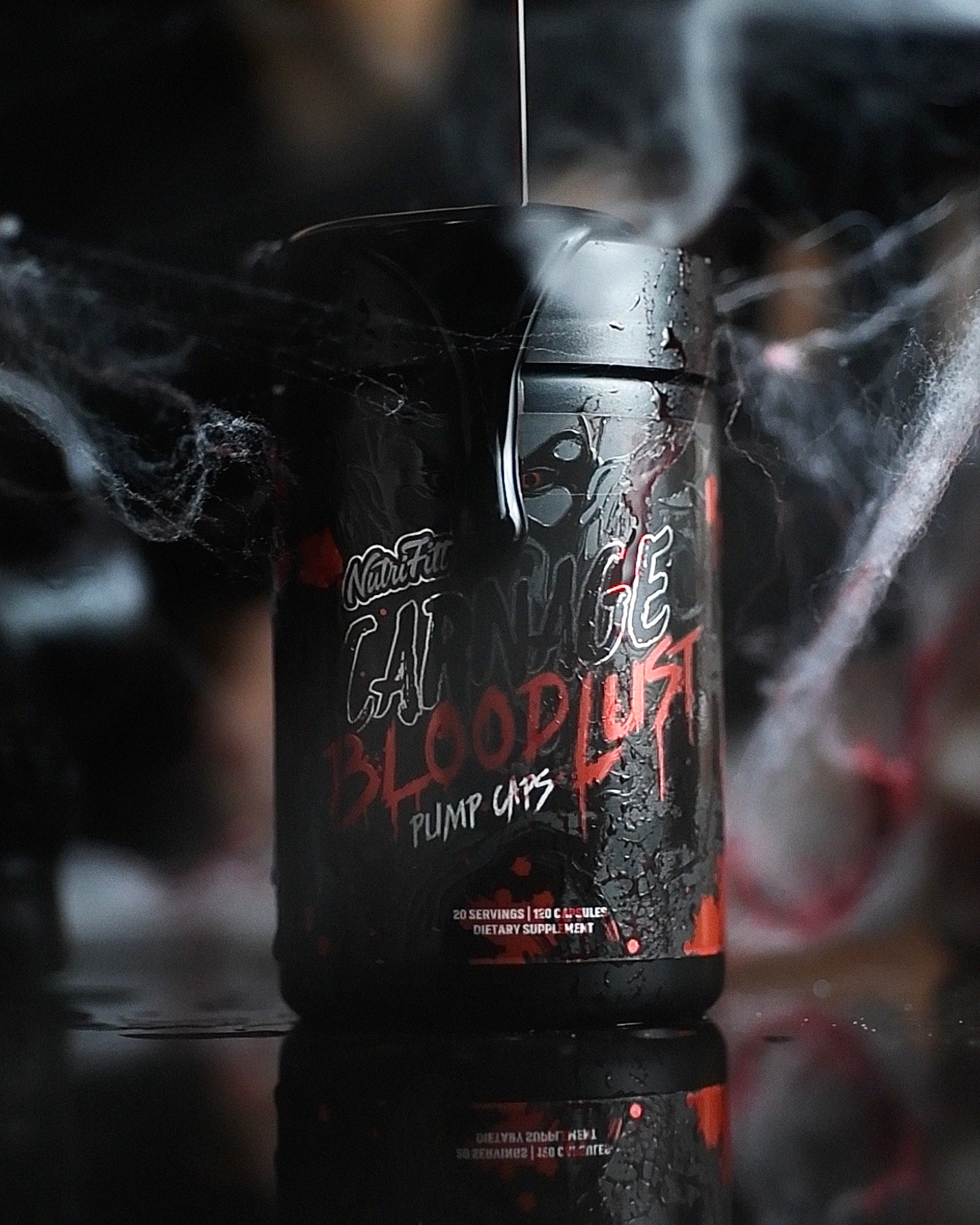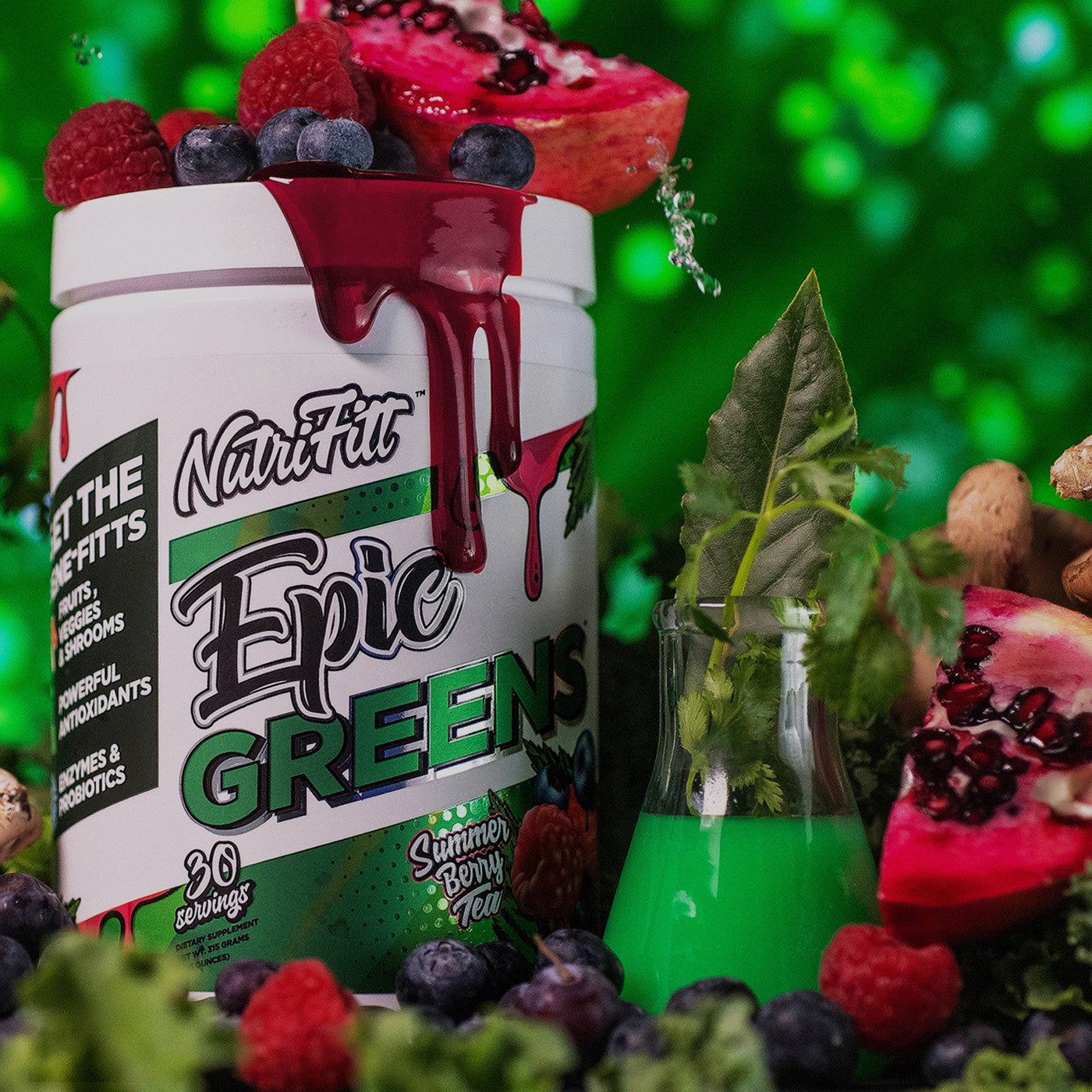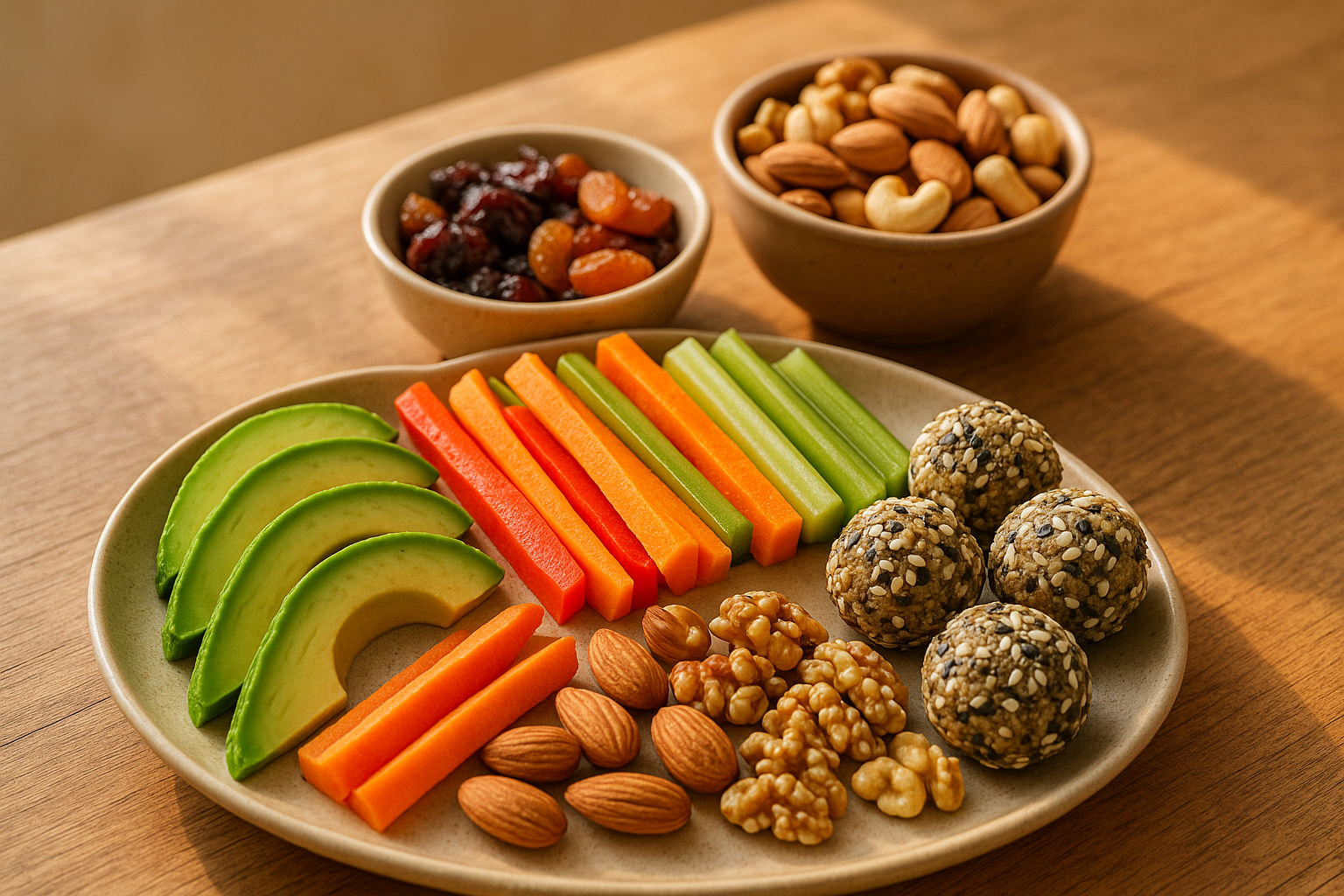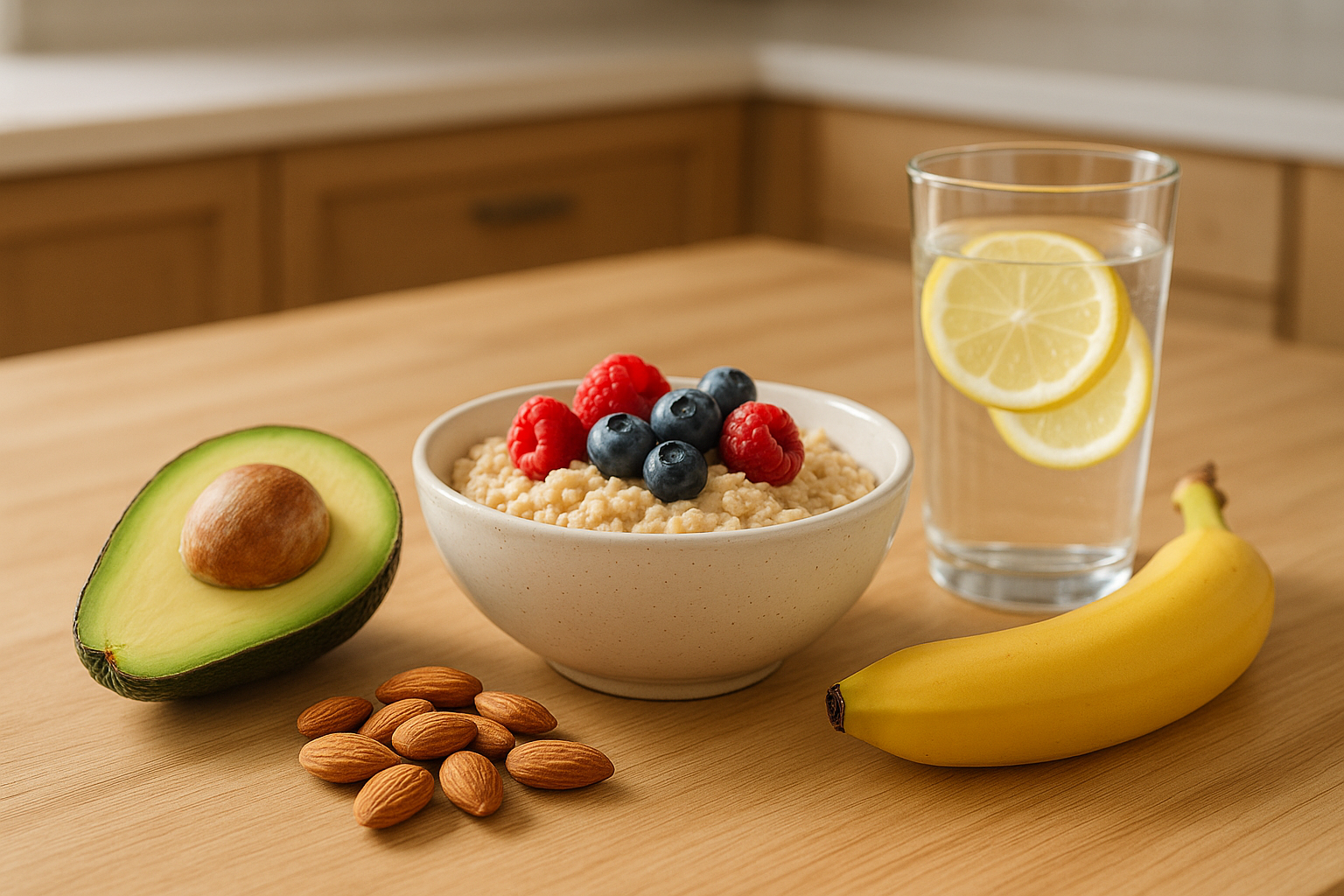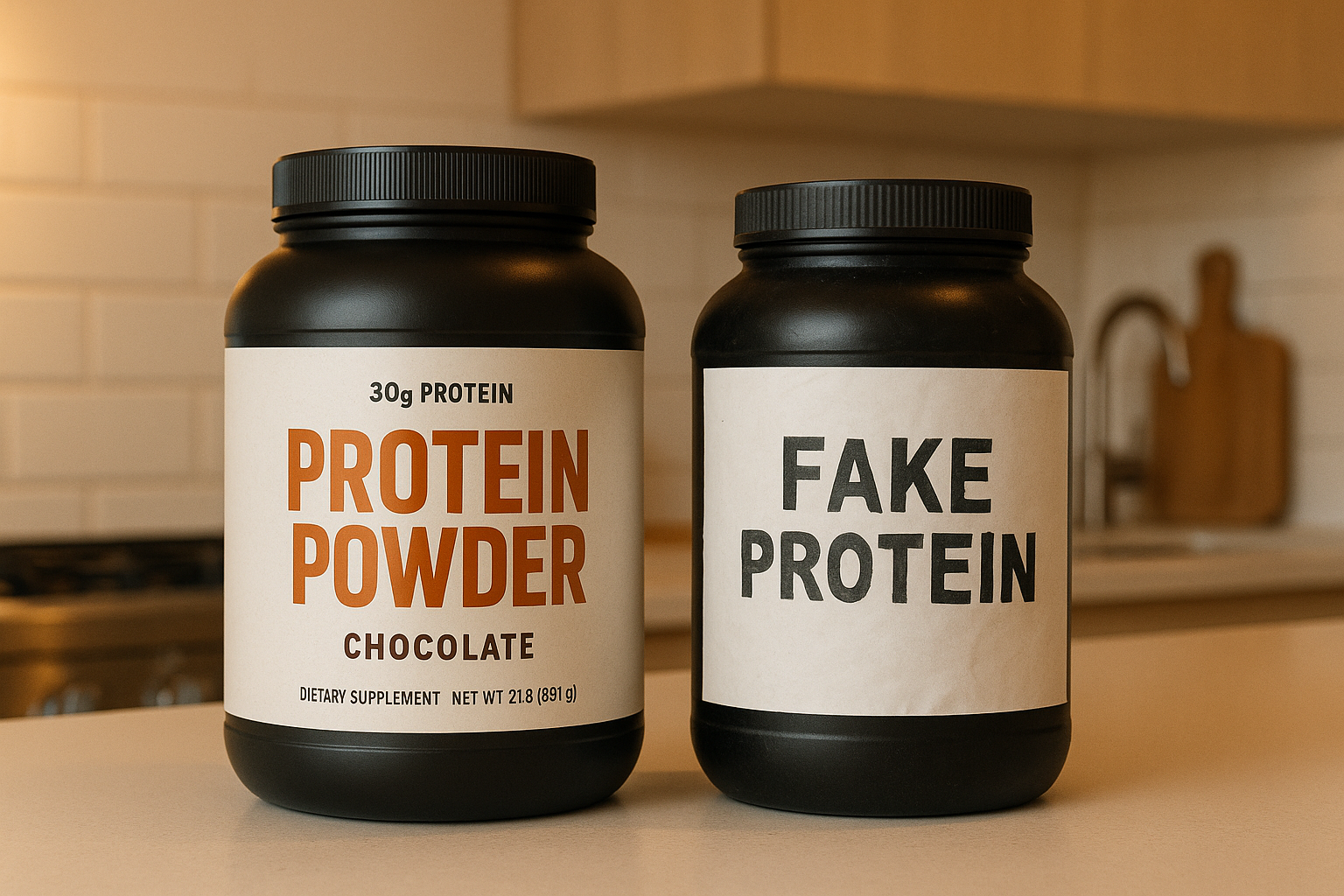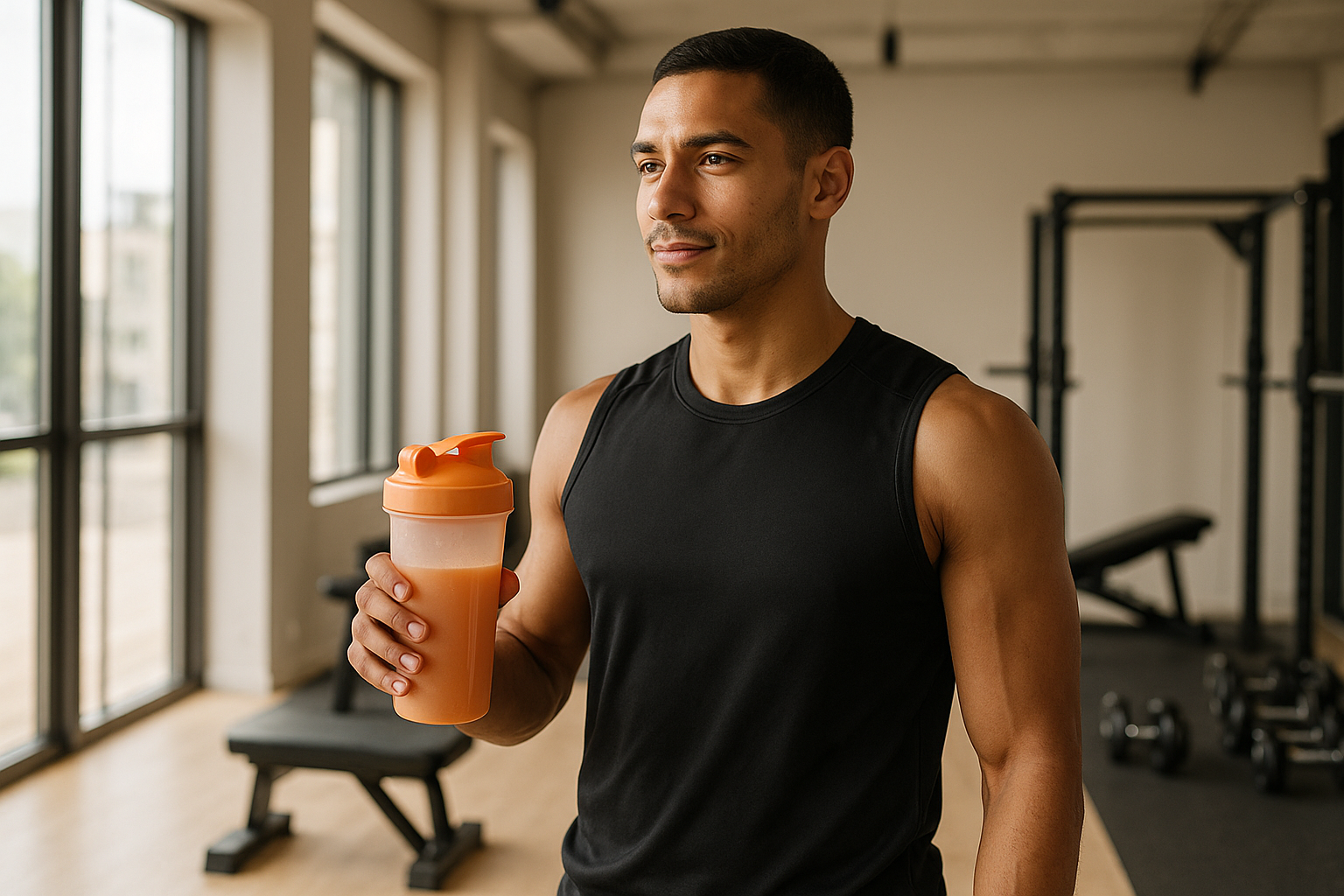
Signs Your Pre-Workout Is Right for You
Not sure if your pre-workout is doing its job? Here’s what to look for:
- Energy Boost: You should feel a steady increase in energy during workouts without crashes or jitters. Ingredients like caffeine and L-citrulline are key for sustained performance.
- Focus and Motivation: A good pre-workout sharpens mental clarity and keeps distractions at bay. Look for nootropics like L-Tyrosine or caffeine for improved focus.
- Muscle Support and Recovery: Ingredients like creatine, beta-alanine, and BCAAs should help with strength and faster recovery.
- No Side Effects: You shouldn’t feel jittery, nauseous, or have trouble sleeping. Adjust caffeine levels or try stimulant-free options if needed.
- Clear Labels and Safe Doses: Always check for transparent ingredient lists and avoid excessive caffeine (stay under 400 mg/day).
If your pre-workout isn’t delivering results, causes side effects, or feels less effective over time, it might be time to switch or take a break. Pay attention to your body’s response, and remember: hydration, sleep, and nutrition are just as important as supplements.
What a Good Pre-Workout Should Do
To figure out if your pre-workout is pulling its weight, it’s important to know what it should actually do for you. A solid pre-workout doesn’t just help you power through your session - it also plays a role in how well you recover afterward.
Boosts Energy and Endurance
A reliable pre-workout should give you steady energy throughout your workout, ensuring you’re not running on empty by the time you hit those final sets or finish your cardio. Research highlights that taking 6 grams of L-citrulline daily for a week can enhance high-intensity performance, while beta-alanine, taken over 28 days, helps delay the buildup of blood lactate, which causes fatigue.Ingredients like caffeine are often the go-to for improving both mental alertness and physical performance. On top of that, compounds like taurine have been shown to increase time-to-exhaustion, helping you push through those tough moments. And it’s not just about physical energy - a good pre-workout also sharpens your mental focus.
Improves Focus and Motivation
Beyond fueling your body, a good pre-workout should keep your mind in the game. Caffeine, paired with nootropics like L-Tyrosine and L-Theanine, can enhance your focus, memory, and overall performance. One study found that multi-ingredient pre-workouts not only improved sustained attention but also helped reduce feelings of fatigue. Interestingly, even stimulant-free options have been shown to deliver similar mental benefits without the potential downsides of caffeine. So whether you prefer a jolt of caffeine or a gentler approach, a pre-workout can help keep your motivation high.
Supports Muscle Performance and Recovery
The right pre-workout doesn’t just prepare your mind and body for the workout - it also sets the stage for better muscle performance and quicker recovery. Creatine, for example, supports ATP production, which fuels strength and recovery. Beta-alanine works with histidine to create carnosine, a compound that helps buffer lactic acid buildup during intense exercise. Branched-chain amino acids (BCAAs) play a role in reducing muscle damage, while nitric oxide boosters improve blood flow, ensuring nutrients get delivered where they’re needed most while aiding in waste removal. One study even showed that pre-workout supplements could enhance both upper and lower body strength, including power output, compared to a placebo. Add in a solid amino acid profile, and you’ve got a recipe for faster recovery and a smoother path to consistent training.
Checklist: Signs Your Pre-Workout Is Working
Here’s how to tell if your pre-workout is delivering the energy, focus, and support you need.
More Energy and Better Workout Performance
One of the clearest signs your pre-workout is doing its job is a noticeable boost in energy. This might show up as sharper focus, a faster heart rate, or even a slight tingling sensation. But the real proof is in the performance - like lifting heavier weights or squeezing out extra reps.
Keep track of your workout stats to spot progress. For example, if you've been stuck at 8 reps with 135 lbs and suddenly hit 10 or 12 reps, that's a solid indicator your pre-workout is helping.
A good pre-workout should also help you power through those moments when fatigue usually sets in, keeping your intensity high from start to finish. And don’t underestimate the mental edge it provides - focus and determination are key to crushing your workouts.
Better Focus During Workouts
A great pre-workout doesn’t just energize your body - it sharpens your mind. It helps you tune out distractions and connect with your movements, whether you’re perfecting your squat form or pacing yourself on a run.
This mental clarity often leads to better technique and more effective training sessions. If you’re finding it hard to stay focused, losing track of reps, or feeling mentally sluggish, your current pre-workout might not be cutting it. A solid formula should enhance your focus without leaving you feeling wired or overwhelmed.
Few or No Side Effects
An effective pre-workout should boost your performance without causing unpleasant side effects. Watch out for issues like jitters, nausea, headaches, or digestive discomfort.
Some pre-workouts pack in as much as 500 mg of caffeine per serving - more than five cups of coffee. Dr. Kelly Johnson-Arbor, a medical toxicologist, warns:
"When higher amounts of caffeine are consumed all at once, people can experience side effects, including anxiety, tremors, heart palpitations, chest pain, and seizures"
While mild tingling from beta-alanine is normal, severe reactions mean it’s time to adjust your dose or stop using the product. If you’re experiencing side effects, try starting with half a serving mixed with 8–12 oz of water to test your tolerance.
Keep in mind, caffeine can linger in your system for 3–5 hours. If evening workouts are messing with your sleep, you might need to tweak your timing. The goal is to feel energized and focused during your session, not deal with crashes, jitters, or sleepless nights afterward.
If side effects persist despite adjustments, it may be time to explore a different formula - or consider a stimulant-free option altogether.
sbb-itb-7567710
Checklist: Does the Formula Work for Your Body
Choosing a pre-workout supplement that suits your body is essential. Here's how to evaluate if the formula is right for you.
Safe Stimulant Levels
Most pre-workout supplements pack between 150 mg and 300 mg of caffeine per serving - that's about the same as 1.5 to 3 cups of coffee [1]. For healthy adults, up to 400 mg of caffeine daily is generally considered safe, but individual tolerance can vary.
It's smart to start small. Andrew R. Jagim, Ph.D., Director of Sports Medicine Research at Mayo Clinic Health System, suggests:
"Pay attention to your overall intake of caffeine. Consider starting with a small dose and slowly increasing it over time to ensure you tolerate caffeine well. Finally, restricting caffeine after 2 or 3 p.m. may help reduce the risk of sleep disturbances."
Keep an eye out for symptoms like anxiety, tremors, heart palpitations, or chest pain - these could signal you've had too much. And don’t forget to include caffeine from other sources, like coffee or tea, when tallying your total intake.
Also, steer clear of products with proprietary blends. These blends often hide ingredient amounts, making it tough to assess their safety.
No Allergic Reactions
Your body's response is a key indicator of compatibility. A survey showed that more than half of pre-workout users reported side effects, including skin reactions and other issues. If you notice symptoms like rashes, it's best to stop using the product immediately.
Make sure the formula fully discloses all its ingredients to help you identify potential allergens.
Clear Ingredient Labels
Transparency matters. Opt for supplements that clearly list the dosages of every ingredient.
Look for well-researched additions like beta-alanine, creatine, and nitric oxide boosters (e.g., citrulline malate). Third-party testing seals - such as Informed Sport, BSCG, or NSF - are a good sign of a product's safety.
Interestingly, research indicates that 14% of pre-workout users take two or more servings at once, which can push them beyond safe limits. Clear labeling helps you make smarter choices about how much to use.
When to Switch Pre-Workouts
Once you've confirmed that your pre-workout supplement is safe and effective, it’s important to recognize when it might be time for a change. Even the most effective pre-workout won’t provide the same results forever. Over time, your body can build up a tolerance, and what once gave you a noticeable boost might start to lose its edge. Knowing when to switch can help you maintain the effectiveness of your workouts.
No Results After Consistent Use
If you've been using a pre-workout consistently for several weeks but aren't seeing improvements in energy, focus, or performance, it’s worth reevaluating. Double-check your dosage and timing to make sure you're using it correctly. If everything checks out and you’re still not noticing benefits, it might be time to explore a different formula that better aligns with your needs.
Effects Getting Weaker Over Time
When you find yourself needing larger doses to achieve the same results, it’s a clear sign that your body has developed a tolerance. To reset this, consider cycling your pre-workout - use it for two to three weeks, then take a week off and switch to a stimulant-free version during the break. Another option is gradually reducing your caffeine intake for a period of time. Both strategies can help lower your tolerance and restore the supplement’s effectiveness. If these adjustments don’t work, switching to a new formula tailored to your current fitness goals might be the next step.
Ongoing Side Effects
If side effects like jitters, anxiety, insomnia, or digestive issues such as nausea and stomach pain persist, it could mean the formula no longer agrees with your body. Ingredients like artificial sweeteners or high levels of beta-alanine are common culprits. If these problems continue even when you take the supplement with food, it’s a strong indicator that it’s time to switch.
Other signs, like poor sleep quality or frequent headaches, may suggest that the stimulant content is too high for you. Instead of pushing through these uncomfortable side effects, consider switching to a formula with lower stimulant levels or even a stimulant-free option. You might also want to evaluate whether improving your overall nutrition and sleep habits could deliver similar performance benefits without relying heavily on supplements.
Conclusion: Finding Your Perfect Pre-Workout
Selecting the right pre-workout comes down to understanding how your body and mind respond to it. Pay close attention to your reactions during and after workouts, and adjust your approach as needed.
Start by observing your physical responses. Notice if you experience jitteriness, water retention, tingling sensations, digestive discomfort, or headaches. These signals can reveal whether the formula suits your body. Regularly monitoring these effects helps you decide if changes are necessary.
Don't overlook mental effects, either. A quality pre-workout should sharpen your focus, elevate your energy, and improve your mood while training. Studies suggest that multi-ingredient pre-workout supplements can enhance attention, increase vigor, and reduce fatigue. If these benefits aren’t apparent after consistent use, it might be time to reevaluate your choice. Balancing physical and mental cues is key to fine-tuning your supplement routine.
Dosage is another critical factor. Start with a smaller amount to assess your tolerance. As Jesse Ramos Jr. advises:
"A solid pre-workout includes caffeine (for energy), creatine (for power), and citrulline malate (for blood flow)"
Choose products with transparent ingredient labels and third-party certifications to ensure both safety and quality. However, it’s not just about the supplement - your daily habits play a huge role too.
Hydration, sleep, and nutrition are foundational to your performance. Staying hydrated, getting enough rest, and eating well can amplify the benefits of your pre-workout - or even provide similar results on their own. If you notice persistent side effects or diminishing returns, it might be worth revisiting these basics before switching products. Keep a consistent log of your workouts and overall well-being to make informed decisions about sticking with your current pre-workout or exploring new options.
The best pre-workout is one that supports your fitness goals, aligns with your tolerance, and enhances your performance without causing unwanted side effects. Take the time to evaluate how you feel, track your progress, and make thoughtful adjustments when necessary.
FAQs
How can I figure out the right amount of caffeine in my pre-workout to avoid side effects?
When it comes to caffeine and workouts, the sweet spot for most people tends to be 3-6 mg of caffeine per kilogram of body weight. To put that into perspective, if you weigh 150 pounds (about 68 kg), a safe and effective dose would fall between 200-400 mg of caffeine. This range can boost exercise performance without triggering major side effects.
For healthy adults, it’s generally safe to stick to no more than 400 mg of caffeine per day. That said, if you’re more sensitive to caffeine or dealing with health issues, it’s a good idea to start with a smaller amount and gauge how your body responds. Pay attention to any signs like jitters, headaches, or discomfort, and adjust accordingly.
How can I tell if my body has built a tolerance to my pre-workout supplement?
If your pre-workout supplement doesn’t seem to pack the same punch it used to, your body might have built up a tolerance. Signs of this include needing larger doses to feel the same kick, feeling more jittery or anxious than usual, or experiencing fatigue and headaches on days you skip it.
To give your body a reset, try taking a break from your pre-workout for about 6–8 weeks. This downtime helps your system recalibrate, so when you start using it again, you’ll get the full boost you’re looking for. The key is moderation - keeping your usage balanced helps maintain its effectiveness over time.
What key ingredients should I look for in a pre-workout to boost energy and support recovery?
When picking a pre-workout, keep an eye out for caffeine (150–300 mg) to boost your energy, sharpen focus, and enhance endurance during your sessions. For recovery, include creatine (3–5 g) in your routine - it’s known to support muscle strength and repair. Another great addition is L-citrulline, which can promote better blood flow and stamina, aiding both performance and recovery.
These ingredients are supported by research and can make a noticeable difference in your workout results, forming the backbone of an effective pre-workout formula.


